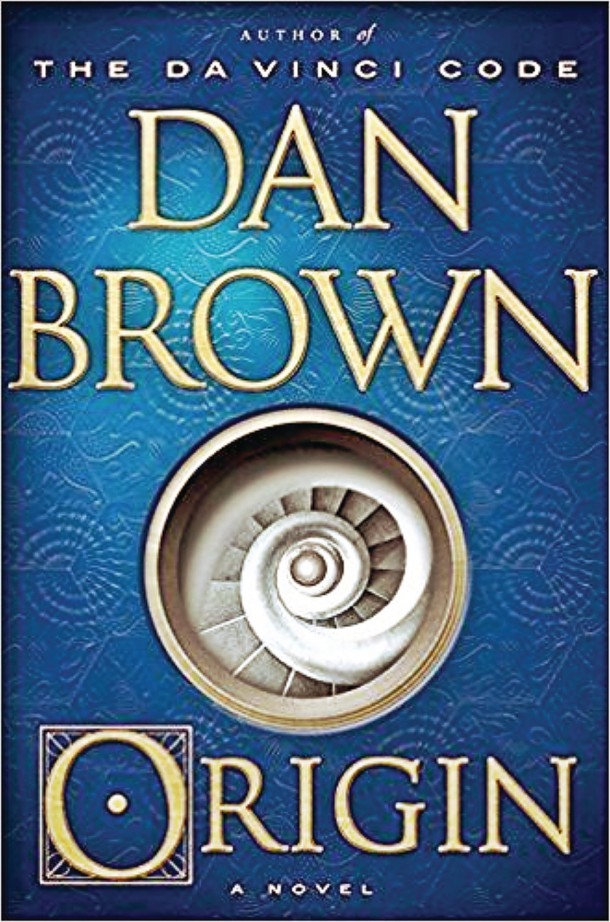Book #26 (August 14, 2010): The Ruins by Scott Smith
The Ruins is the book that I’d hoped The Passage would be and everything that Lee Child’s novels are not. It’s a perfect example of a type of book that seems rarer now than it used to be, if only because I’ve gotten harder to please as I’ve grown older. It’s an intelligent thriller, carefully thought out, written in a style that is neither flamboyantly literary nor gratingly flat, with characters that are fully realized and sympathetically flawed. If you’re still looking for some good beach reading before Labor Day, grab a copy on the way to the shore and I guarantee that by the time you hit page 40 or so you’ll completely forget how uncomfortable you feel toasting in the sunlight with gobs of lotion on your skin. (Come to think of it, given some of the scenes in the book, you might become all too aware of how uncomfortable you are.)
In addition to being an intelligent thriller, The Ruins is an example of a genre I love but rarely encounter, the one where a group of people start out on a small, almost trivial adventure and then things start to go terribly, terribly wrong. This is such a small genre that right off I can only think of one other example: James Dickey’s Deliverance, which was so well written that I didn’t even notice how horrifying it was until I saw John Boorman’s hypnotic, hallucinogenic film version. (I suppose the lesson from Deliverance is that it’s possible for this sort of thing to be too well written.) Another story that falls loosely within this genre is Jack London’s terrifying short story “To Build a Fire,” where a man and a dog start out on what should be a simple walk across arctic wilderness and find themselves — the man, at any rate — in a life or death struggle.
The plot of The Ruins is somewhat on the shallow side, but you don’t notice this while you’re reading it, because Smith puts the emphasis on carefully building the suspense and keeping the POV tightly focused on each of the four main characters. It’s about a quartet of college students, two guys and two girls, on vacation in Cancún, who decide to go on a day trip into the jungle, along with a couple of foreigners they’ve met, to visit a team of archaeologists at a local ruin. They plan for this trip rather poorly, not even giving much thought as to how they’ll get back. (It involves a bus trip, a cab ride and a short walk through the jungle in a place where they aren’t likely to find another cab.) However, it turns out to be a trip that nobody really could have planned for. I’m not going to tell you any more, because to give the plot away would ruin — no pun intended — the carefully planned hook that Smith is going to put into you. This book is probably about half the length of The Passage, but it felt about one-tenth as long because I read it in rapid gulps, reluctant to come up for air.
In retrospect, I think the major problem with The Passage was that Justin Cronin didn’t build his characters as well as Smith does, though I’ll give him credit for making the attempt. Cronin’s characters seemed real in the way that the people down at the other end of your block seem real. You see them every day, you exchange a few words if you pass them on the sidewalk, but you don’t really care what they’re thinking. Smith’s characters are more like your family. If anything, you know them too well, but you always care what they’re doing and whether they’re going to hurt themselves doing it. I suspect the reason it only had a minor film version — the IMDB shows that it was an Australian production with a director and a cast I’ve never heard of — is that, stripped of the intense character detail, the plot probably seems a little silly. While Lee Child’s novels would probably work better on film, with actors to give a sense of reality to his cartoon characters, The Ruins couldn’t survive the transition, or at least it would need a top level writer-director team to pull it off and give it a properly suspenseful atmosphere.
From the reader’s point of view, though, that may be for the best. Now that you’ve seen Sam Raimi’s excellent film version of Smith’s earlier bestseller, A Simple Plan, that book has been largely spoiled for you (though, trust me, the book is even deeper and better than the film). But since it’s unlikely you’ve seen the film version of The Ruins, I say skip the film and just read the book next chance you get.
